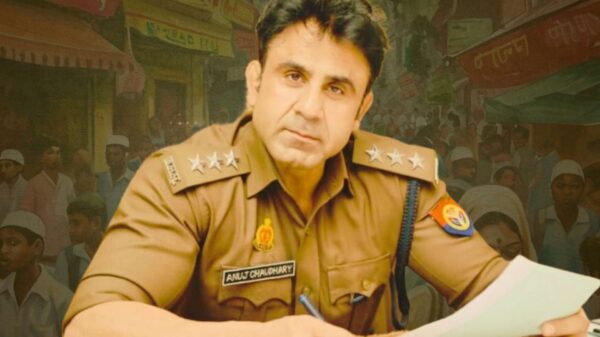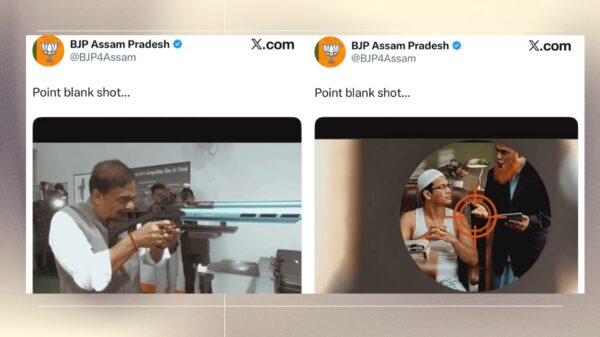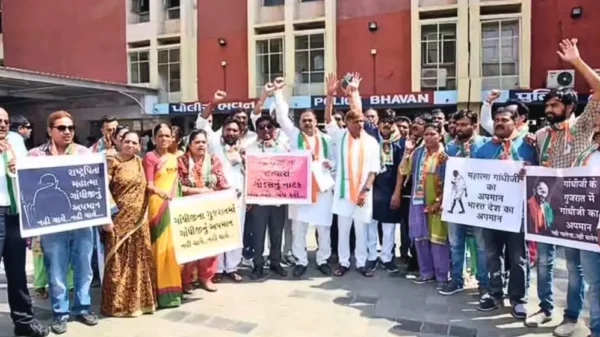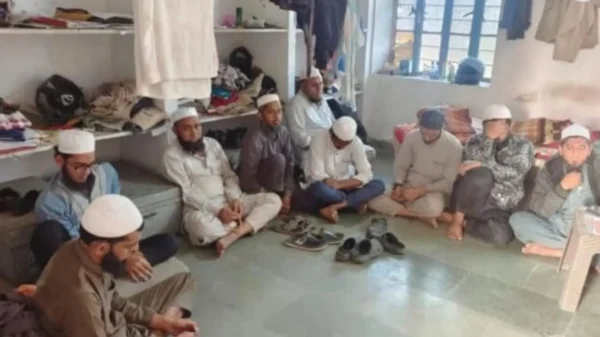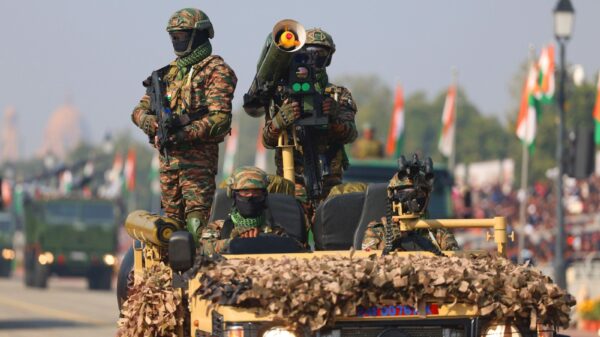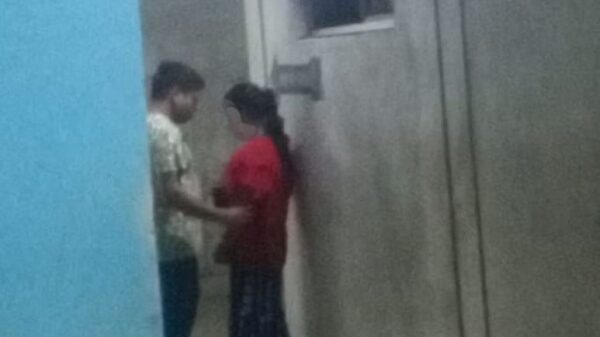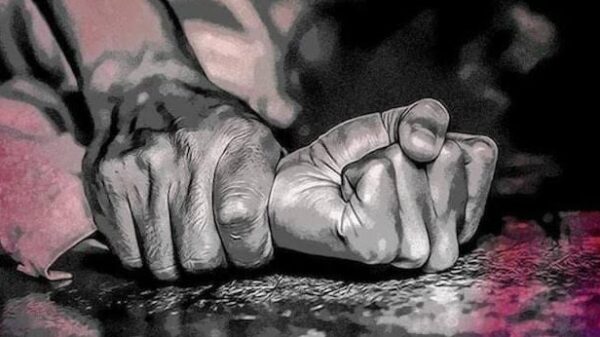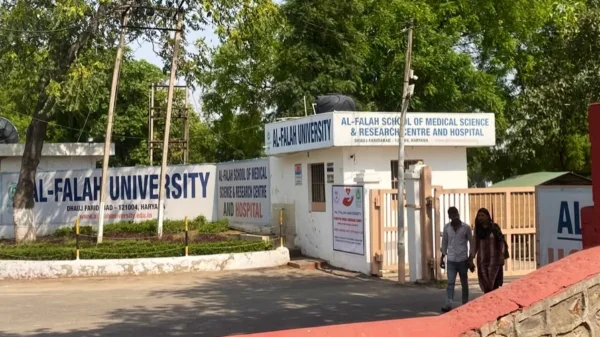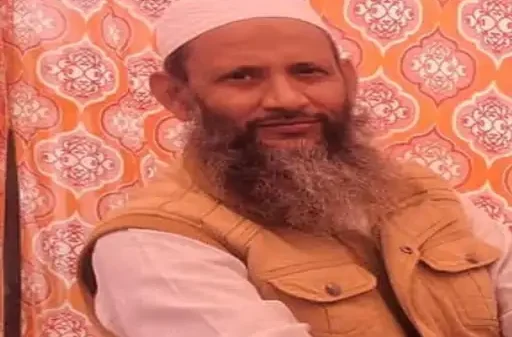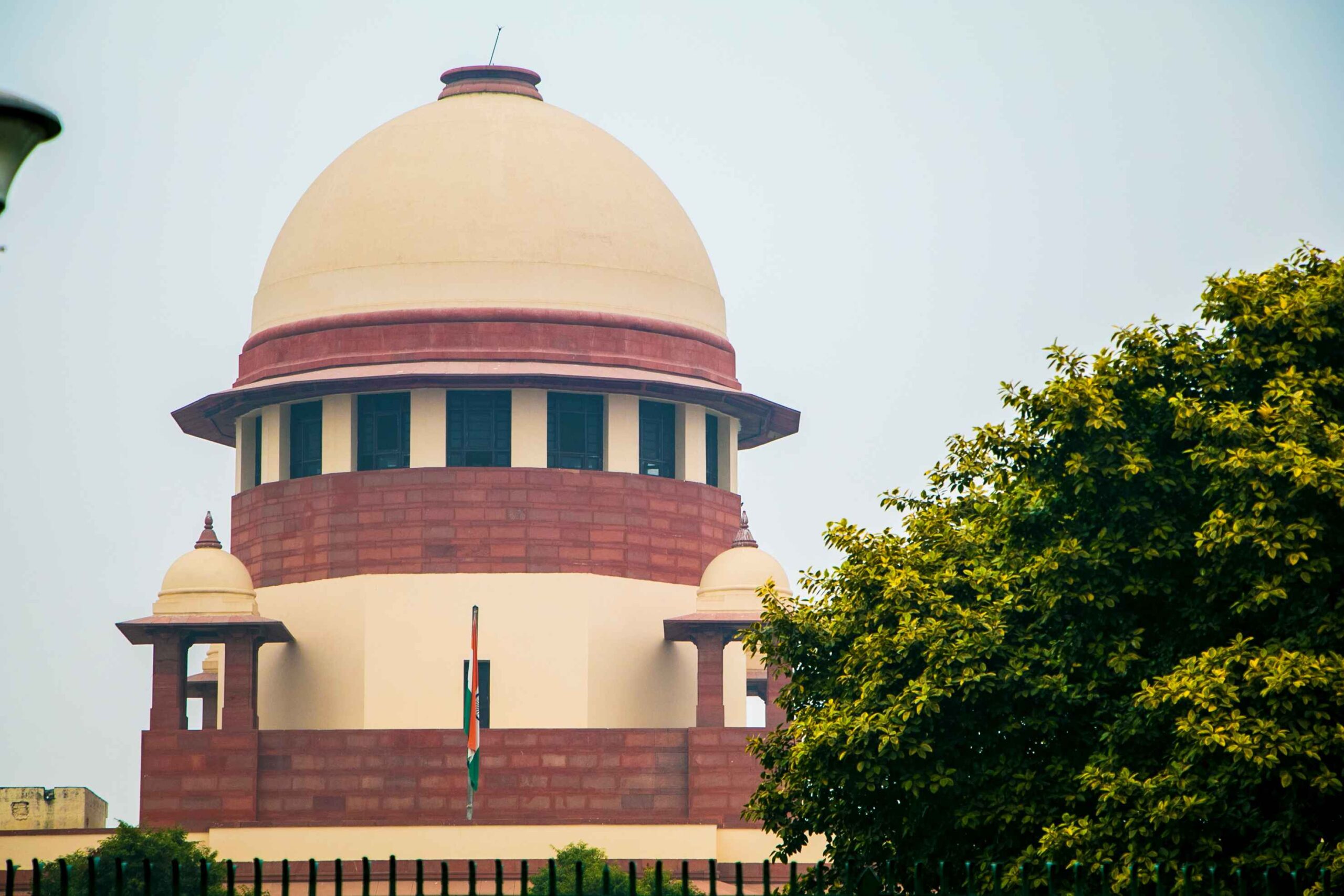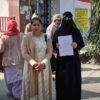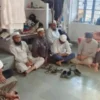The Supreme Court of India will hear a batch of petitions today challenging the constitutionality of certain provisions of the Places of Worship (Special Provisions) Act, 1991. The law prohibits the filing of lawsuits to reclaim or change the religious character of any place of worship as it stood on August 15, 1947.
The special bench, comprising Chief Justice of India Sanjiv Khanna, and Justices PV Sanjay Kumar and KV Vishwanathan, will hear the case at 3:30 pm.
The petitioners argue that the 1991 Act infringes on the rights of Hindus, Jains, Buddhists, and Sikhs, preventing them from restoring places of worship and pilgrimage that were destroyed by invaders. Among the petitioners are prominent figures such as Maharaja Kumari Krishna Priya, BJP leader Subramanian Swamy, and Chintamani Malviya, a former Member of Parliament.
The petitioners claim the Act violates the principles of secularism and the rule of law. They argue it takes away their right to approach the court for judicial remedies and denies their right to manage and restore places of worship and pilgrimage. According to the petitioners, the Act denies these communities the ability to reclaim religious properties misappropriated by others, thereby infringing on their constitutional rights under Article 25 and Article 26.
The Jamiat Ulama-i-Hind and India Muslim Personal Law Board have filed counter-pleas, opposing the challenges to the Act. They argue that entertaining such petitions could open the door to numerous legal battles, particularly regarding mosques across India. Anjuman Intezamia Masjid, the body managing the Gyanvapi mosque, has also filed an application to dismiss the petitions.
The controversy revolves around Sections 2, 3, and 4 of the Act. Section 3 prohibits the conversion of any place of worship, while Section 4 bars legal proceedings to change the religious character of any place of worship as it stood in 1947. The petitioners argue that these sections violate the rights of religious communities to manage, maintain, and administer their places of worship.
One of the petitions claims that the Act excludes the birthplace of Lord Rama but includes the birthplace of Lord Krishna, despite both being considered incarnations of Lord Vishnu. The petitioners further assert that the Act restricts their ability to restore places of worship and pilgrimage linked to their cultural heritage.






